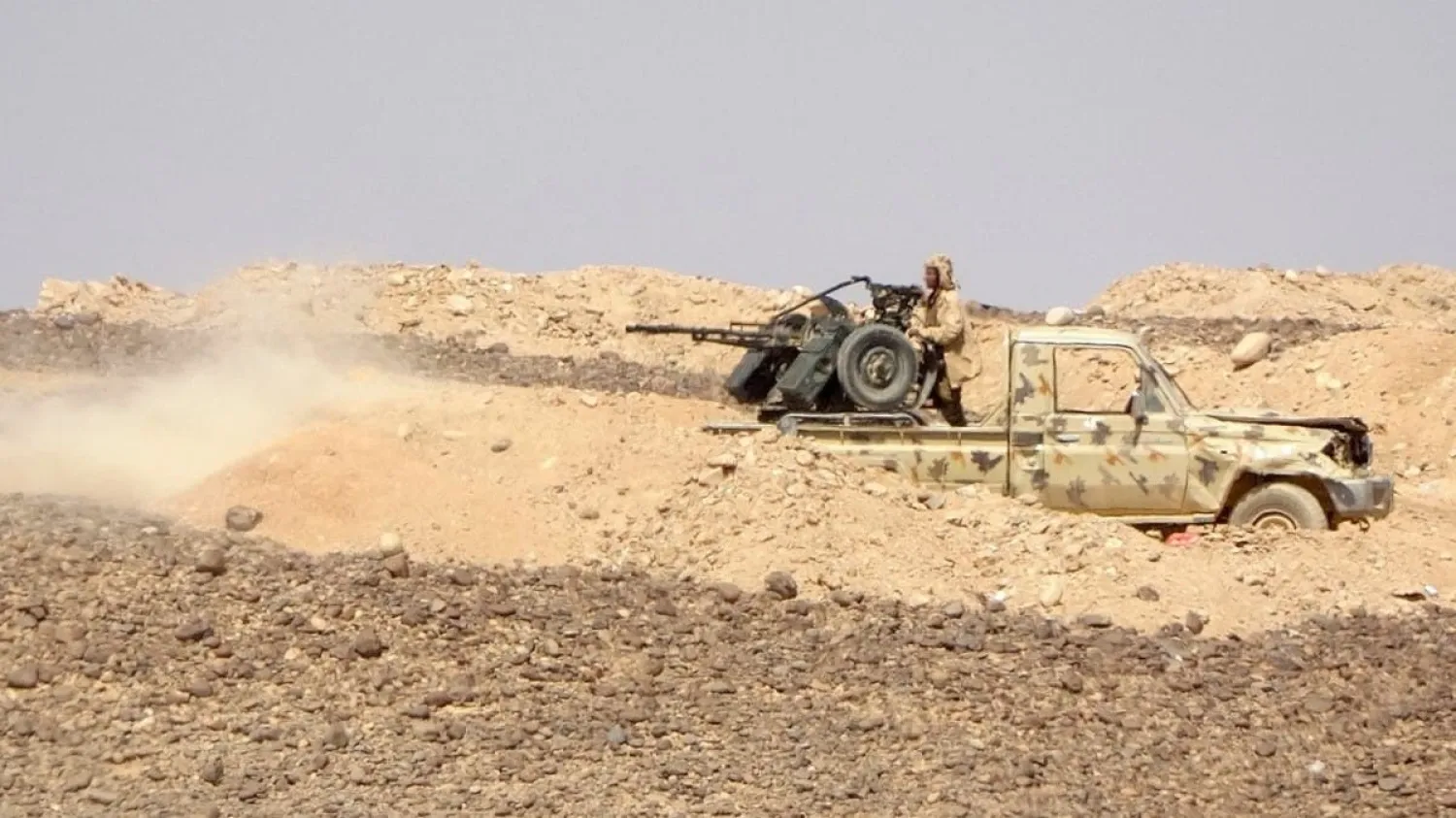The Iran-backed Houthi militias in Yemen are continuing their escalation against Saudi Arabia through ballistic missile and armed drone attacks.
The Kingdom has been largely successful in deterring these attacks that have targeted civilians and civilian locations.
The Saudi-led Arab coalition revealed recently that the Houthis have launched 1,031 rockets, projectiles and drones towards Saudi Arabia.
In its breakdown, it showed that the militias fired 372 ballistic missiles and 659 drones. They also launched over 75 booby-trapped vessels and planted 205 mines in the Red Sea. They launched over 96,000 projectiles along the border and committed 30,000 ceasefire violations in Yemen’s Hodeidah province.
The Houthis have escalated their attacks against Saudi Arabia ever since Riyadh announced a new initiative to resolve the Yemeni crisis earlier this year. The Houthis have met Saudi Arabia’s efforts to prepare for a political process and support relief efforts with more stalling and intransigence.
The Arab coalition has repeatedly slammed the Houthi attacks as war crimes, stressing that it is constantly taking operational measures to protect civilians from the militias.
The Houthi attacks have drawn widespread Gulf, Arab and international condemnation and demands for a decisive position to be taken to halt these crimes.
The legitimate Yemeni government and parliament have slammed the recent Houthi escalation in Yemen’s Marib city and Hadramawt.
In a statement, the foreign ministry said the escalation was a clear message and response to all regional and international efforts to restore peace and end the war in Yemen. It is evidence of the militias’ allegiance to the Iranian regime and its destructive policies in the region.
It expressed its support to Saudi Arabia and all the measures it takes to confront the cowardly Houthi attacks, urging the international community to break its silence and speak out against these crimes that threaten security and stability and to hold the perpetrators to account.









